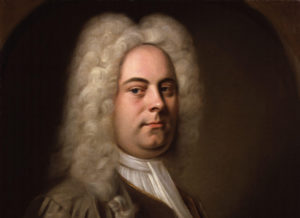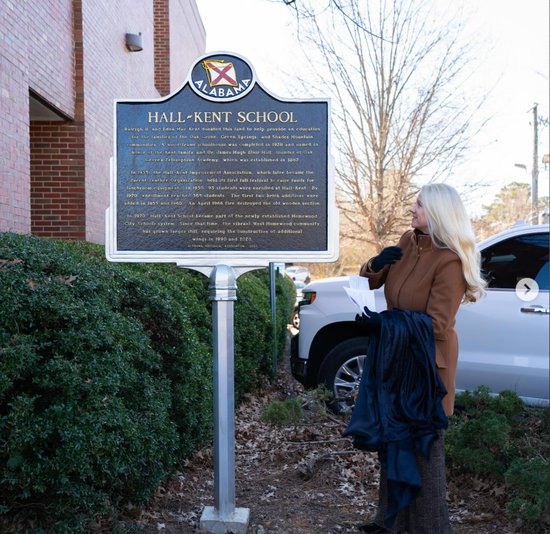
The Handel and Haydn Society recently presented a compelling performance of Händel’s “Saul”, highlighting the emotional depth and complexity of the biblical tale of David and Jonathan. This production, staged in Boston, showcased the orchestra and chorus’s talents while also inviting audiences to explore themes of love and friendship in a nuanced way.
While some may debate the interpretation of David and Jonathan’s relationship, the oratorio lends itself to a queer reading that challenges conventional narratives. Critics have noted that “Saul” is not merely a Pride story but rather an exploration of intimate connections, with its powerful moments emphasizing the boldness of the piece.
Musical Interpretation and Performance Quality
“Saul” diverges from typical operatic storytelling, presenting a more cerebral approach that resonates through its musical phrases. The production features striking elements, such as the memorable chiming bells at the conclusion of Act One and the somber funeral march for Saul. These moments captured the audience’s attention, although some felt the overall performance lacked the dramatic intensity often associated with Handel’s works.
Under the direction of Jonathan Cohen, the Handel and Haydn Society’s orchestra displayed a fuller sound than many historically informed ensembles. However, the performance occasionally felt subdued. Critics suggested that a more dynamic interpretation could have enhanced the emotional stakes of the narrative.
Countertenor Christopher Lowrey delivered a captivating portrayal of David, combining a beautiful timbre with a compelling stage presence. His performance culminated in a poignant rendition of “O fatal day! How low the mighty lie!” Despite not venturing into riskier vocal techniques, Lowrey’s delivery captured the essence of his character, though some noted that his recitatives in the second act lacked fluidity.
Character Highlights and Vocal Performance
One of the standout performances came from Linard Vrielink, who portrayed Jonathan with a refreshing authenticity. Instead of leaning into stereotypical representations, Vrielink embodied a heroic figure, bringing charisma and gravitas to the role. His vocal richness added a unique dimension to the performance, distinguishing it from typical interpretations of the character.
In the role of Saul, Neal Davies demonstrated strong vocal conviction, particularly in the third act. Despite this, some critics felt he risked being overshadowed, with the concert format limiting the psychological depth of his portrayal. The connection between the explosive consonants in the English text and the music proved challenging, occasionally detracting from his overall presence.
Soprano Sarah Brady offered a commendable performance, especially in the third act, where her crescendos showcased her vocal finesse. While her initial impressions were mixed, it became evident that her phrasing and legato were skillfully executed, enhancing the emotional impact of her character.
Replacing the highly sought-after Julie Roset, Amanda Forsythe portrayed Michal with romantic charm, although some felt her higher range lacked the depth typically associated with the role. In particular, her agility in quick passages showcased her abilities, despite the character’s limitations in showcasing her full vocal range.
The Handel and Haydn Society’s presentation of “Saul” was a testament to Boston’s commitment to serious Baroque repertoire. While the performance was richly executed, some audience members expressed a desire for a fully staged production in the future to enhance the dramatic elements of the oratorio. Overall, the event proved to be a memorable experience, blending historic significance with contemporary interpretation.






